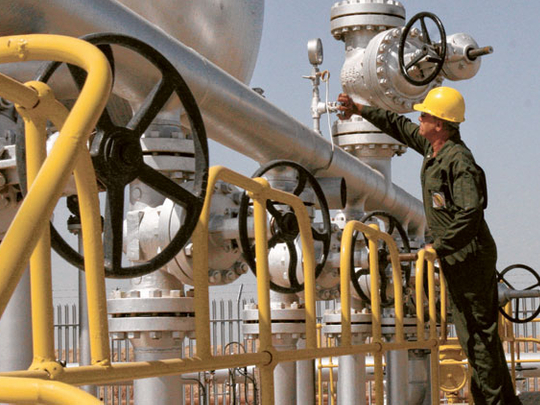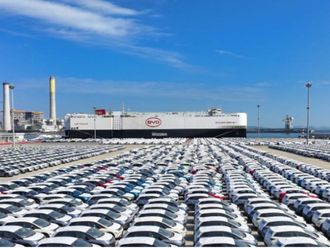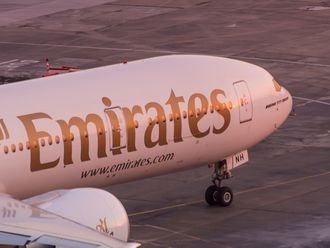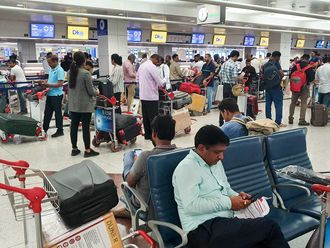
Singapore: Most of Iran's biggest crude buyers in Asia are finding ways around difficulties in financing oil trade and see little disruption in 2011 flows after cuts last year, even as a dispute over payment methods briefly threatened to stall sales to India.
Iran is Opec's second-largest exporter, and around three-quarters of its two million barrels per day (bpd) of exports flow to Asia.
International sanctions on Iran over its nuclear programme tightened last year, but United Nations measures do not forbid the purchase of Iranian crude. Only the United States prohibits oil firms from buying Iran's oil.
Still, sanctions on the fin-ancial sector have made all transactions including in oil more difficult, and the US has put pressure on countries trading with the Islamic Republic to abandon dealings.
New rules on payment in India briefly threatened its 400,000 bpd of Iranian imports. But China, Japan and South Korea, who together buy nearly 1 million bpd of Iranian oil, expect shipments to continue as normal this year, industry sources say.
Some of them have already negotiated term supply contracts for 2011.
"Iran is a very large crude exporter. It's almost impossible for China, India, Japan and South Korea to avoid buying Iranian crude," Zhang Liutong, a Singapore-based analyst at FACTS Global Energy said.
"Personally I can't see any reason why China should stop oil trading with Iran, at least for now, especially as crude trading is not included in the sanctions," an official at a Chinese oil company said, declining to be identified.
"If there is any new act passed by the United Nations, we will obey it. But considering the long-term cooperation with Iran in the past, it won't be that easy to stop it completely."
Iran was China's third-largest crude supplier in 2010, though volume fell just under 10 per cent for the year.
National Iranian Oil Company agreed in September to open accounts at two South Korean state-owned banks to receive payments for its crude and to avert disruption in bilateral trade due to sanctions.
"We don't see any impact on crude imports from Iran," a source at South Korea's largest refiner SK Energy said. "While we cannot disclose the term import barrels for 2011, I can tell (this) year's oil import from Iran will continue as much as (last) year's."












